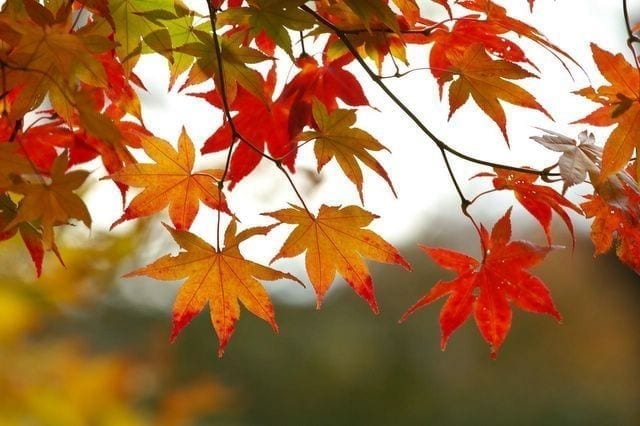Winter and fall allergies can cause a great deal of discomfort in many people, young or old. Symptoms include sneezing, congestion, runny nose and red, itchy eyes. Western medicine typically prescribes antihistamines, decongestants, or drugs that act on the nervous system. While these may be effective in treating the allergic response, they often have undesirable side effects, such as drowsiness, immune system suppression or over-reliance on medications.
Traditional Chinese Medicine (TCM) can offer an alternative to these Western approaches, treating the whole person and recognizing that people with chronic allergies often show signs of spleen or kidney deficiency, even lung problems. TCM considers allergies or hay fever a manifestation of Wind invading the upper body. This occurs because one’s Wei (or protective Qi) has been weakened, which explains why a Chinese herbalist may address these allergies by building up the body’s defensive Qi. The goal is not only to treat one’s acute symptoms and provide immediate relief, but to treat any underlying immune system imbalances, which may be the real cause of one’s allergy problems. Such treatments may take the form of acupuncture and revising one’s diet, including the addition of specific herbal formulas.
Holistic Herbal Formulas in TCM for Allergy Relief
There are many holistic Chinese herbal formulas that TCM practitioners use to treat allergies. Xiao Qing Long Wan or Minor Blue Dragon is one often-prescribed formula. It is usually taken when one suffers from a sensitivity to cold, or to treat chills, fever (without sweating), body aches, wheezing, a cough that produces clear to white mucus, congestion in the chest, and a thick white coating on the tongue. The pills should be taken with plenty of water and for short duration only.
Astra 8, another herbal formula, combines the advantages of an immune system enhancer with an energy tonic. It contains astragalus (huang qi), a herb that some believe can enhance the body’s immune system and offers some antiviral properties. What’s more, the herbs in Astra 8 are Qi tonics that support astragalus to boost the immune and energy systems. Other formulations include Pei Min Kan Wan, which can relieve the discomfort of fall allergies, and Fang Feng Xin Yi Wan, which may help those suffering from hay fever.
If you think a career in holistic medicine is something you would like to pursue, contact us and speak to an admissions representative to get started on your new journey!
Dietary Recommendations and Preventative Measures in TCM
Besides these formulas, TCM further advocates replacing coffee with catechin-rich green tea, which provides anti-allergy actions. Even Chrysanthemum tea-made from dried flowers-can also help reduce allergy symptoms. Some TCM herbalists may recommend quercetin, a bioflavonoid, which has been shown to stabilize mast cells (this slows down the body’s release of histamine and other chemicals related to allergic symptoms). Lest we not forget radishes; they cool and moisten, which makes them ideal for treating dry, itchy allergy eyes. They can also help clear the sinuses, drain mucous and ease sore throats.
Those sensitive to ragweed and similar fall blooms, should boost their immune system before the fall allergy season arrives. That means seeing one’s TCM practitioner about acupuncture now, for it can take awhile for these procedures to help with allergic symptoms. People who wait until they start sneezing or suffer from a sinus headache, will find they’ve acted too late. Building immunity to fall allergies is best done weekly for four to six weeks. Those who suffer from ragweed allergies should begin treatment immediately. Individuals who can’t tolerate cedar should start treatment no later than October 1.
We recommend in all cases that you consult with a trusted health care professional before taking any nutritional supplements or discontinuing any medication.
Featured Posts:
- Welcome Back to School! How to Focus for Fall
- Hold that Sneeze: Chinese Medicine for Fall Allergies
- Traditional Chinese Medicine and Dry or Winter Skin
- Chinese Medicine for Fall: Feel Your Best with Advice from the Experts
- Sinus Problems and Seasonal Allergies Cured with Traditional Chinese Medicine

